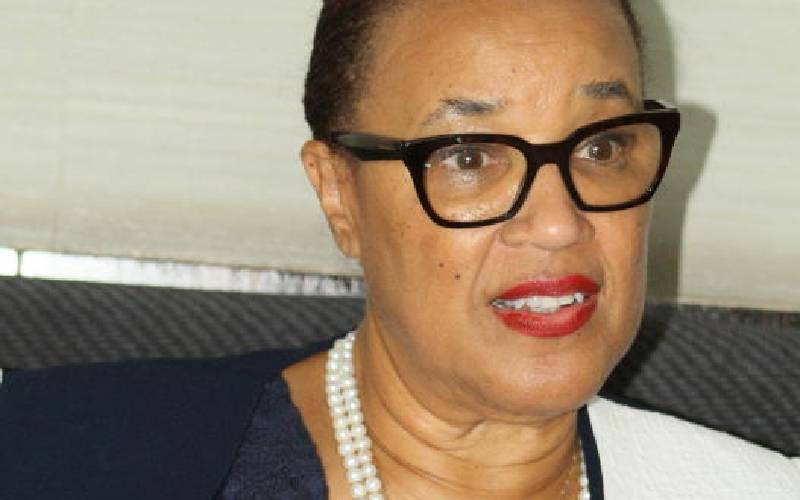×
The Standard e-Paper
Stay Informed, Even Offline

The Commonwealth Secretariat is rooting for innovation and technology transfer to rescue the dire post-Covid economy in its 56 member states.
Commonwealth Secretary General Patricia Scotland said innovation and technology will unlock the many job opportunities that were lost during the pandemic.